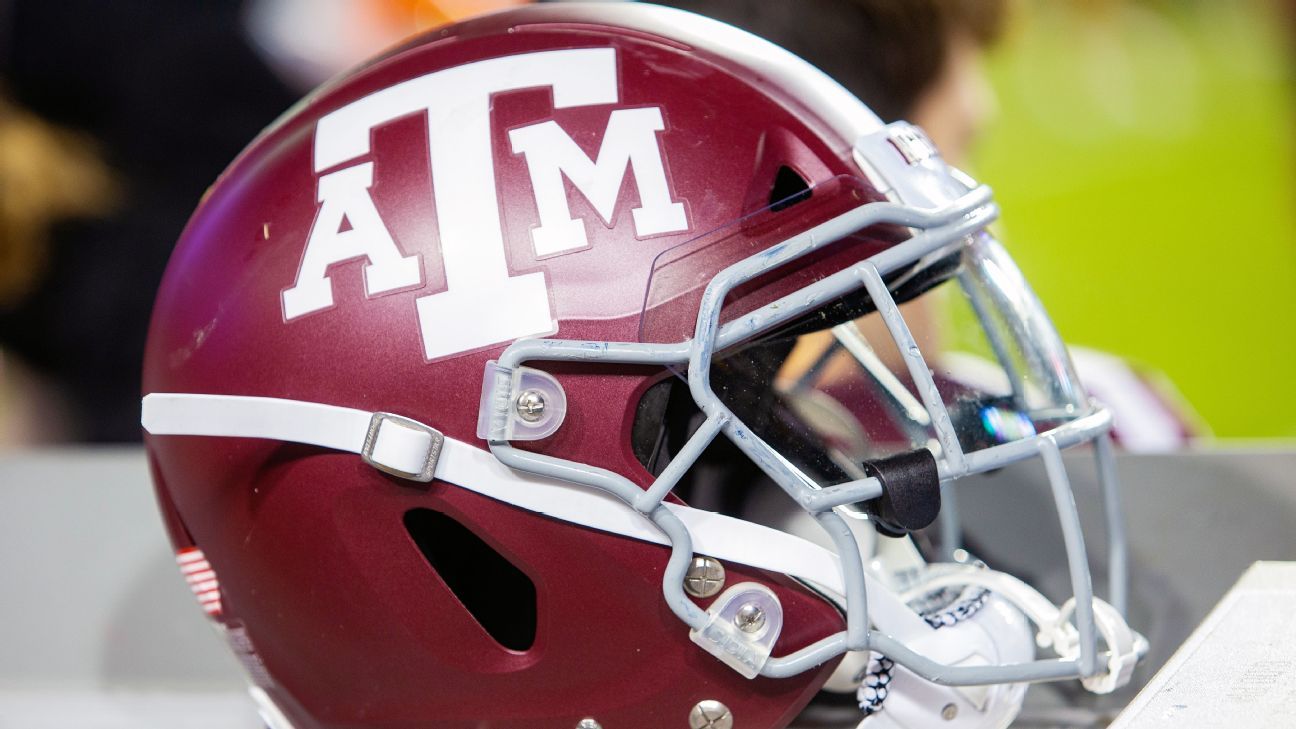If Texas and Oklahoma join the SEC, it would break a long-standing “gentlemen’s agreement” between SEC schools that gives conference members “absolute veto power” over the addition of another school from their state, according to a former Texas A&M official.
R. Bowen Loftin, who helped steer the Aggies into the SEC in 2011 while serving as A&M’s president, said the oft-discussed unwritten rule was a “specific conversation” during expansion talks in 2010-11 when he was involved. Loftin also served as chancellor at Missouri from 2014-15 after the Tigers made the move to the SEC.
“There’s this understanding among the membership — at least it was 10 years ago — that you don’t admit a school from the same state as a member school unless that member school’s OK with it,” Loftin told ESPN.com on Thursday. “We talked about it from time to time among ourselves, that this was the way it was going to be, that if we had another school in Texas wanting to enter the SEC, Texas A&M would have veto power.”
Loftin said the discussions happened while the late Mike Slive was commissioner. Loftin, who is retired and no longer involved in the discussions at A&M or Missouri, said he believes that current commissioner Greg Sankey, who was Slive’s deputy before taking over as commissioner in 2015, “has a really good long-range sense of the SEC.”
An SEC spokesman said the league had no comment on Loftin’s comments on Thursday.
Three states — Mississippi, Alabama and Tennessee — have two SEC schools each, but those date to the formation of the conference. In 1990, the league added Arkansas and South Carolina in states that did not have another SEC team.
Loftin said the agreement prevented expansion discussion involving teams like Clemson, Florida State, Georgia Tech and Miami, even when the league was targeting the ACC if 16-team superconferences came to pass in the last round of realignment.
“We discussed those specific possibilities,” Loftin said. “Florida State was never in the conversation, for obvious reasons. It was clear that they would not be admittable unless Florida wanted them included, and who could imagine that?”
Loftin said most expansion discussion centered on schools like North Carolina, NC State, Virginia or Virginia Tech, all schools in a state with no SEC members.
“I can tell you that, during my time in the SEC from two different schools, that was the understanding we had,” Loftin said. “It was unwritten. There’s no specific rule you can point to. You can point to the bylaws, talk about having a three-quarters majority to admit a new school, which means four schools could stop it from happening legally and officially. But beyond that, there was this understanding.”
Loftin said he and members of the A&M board of regents specifically discussed Texas’ membership prospects during expansion talks with Slive, who was commissioner at the time. Slive died in 2018.
“I can recall a meeting with the commissioner and a few of our regents that were with me, [Texas] came up in the conversation,” Loftin said. “Mike assured us that they got what they wanted in Texas A&M because they got the Texas market, and they got a school which was very compatible with SEC schools.”
Current Texas A&M athletic director Ross Bjork said on Thursday that he will be “diligent in our approach to protect Texas A&M. We want to be the only SEC program in the state of Texas. There’s a reason why Texas A&M left the Big 12 — to be standalone, to have our own identity.”
The Aggies and Longhorns obviously don’t have a lot of love for each other over the past 125 years or so, but particularly since their breakup when A&M left the Big 12.
“They left,” former Texas athletic director DeLoss Dodds told the Daily Texan in 2013. “They’re the ones that decided not to play us. We get to decide when we play again.”
Loftin said he’d be surprised if that was in the SEC.
“There would be a lot of anger on the part of the Aggie community,” he said. “It certainly is ironic — and that’s a very mild word for it — after all of the verbiage directed against us trying to discourage us from [going to the SEC], and then beating on us after we did it, that really is interesting to have that school come back and say, ‘Oh, we want to join you now.’
And he found Texas’ interest to be an about-face, particularly after discussing realignment possibilities with his counterpart in Austin, Texas president Bill Powers, who died in 2019.
“They have a very high opinion of themselves — which is not surprising — but not always justified. And that drives a lot of thinking there,” Loftin said. “Bill Powers was very clear to me that they felt much more akin to the schools in the Big Ten and on the West Coast. He was very dismissive of the SEC, because he felt academically, it was an inferior conference. He’s no longer around, I understand that. But the fit, culturally, of A&M and the SEC is very good. The fit of Texas is not. That’s just plain and simple.”
Missouri coach Eli Drinkwitz, a relative newcomer to league drama in his second year as the Tigers’ head coach, joked on Thursday at SEC media day about the rumored interest of Texas and Oklahoma.
“We’re the best league in college football and everybody wants to play there, and now you’ve got two iconic brands that want to join too,” he said. “It’s an exclusive club and not everybody gets in, so good luck. Especially if A&M has anything to do with it.”
